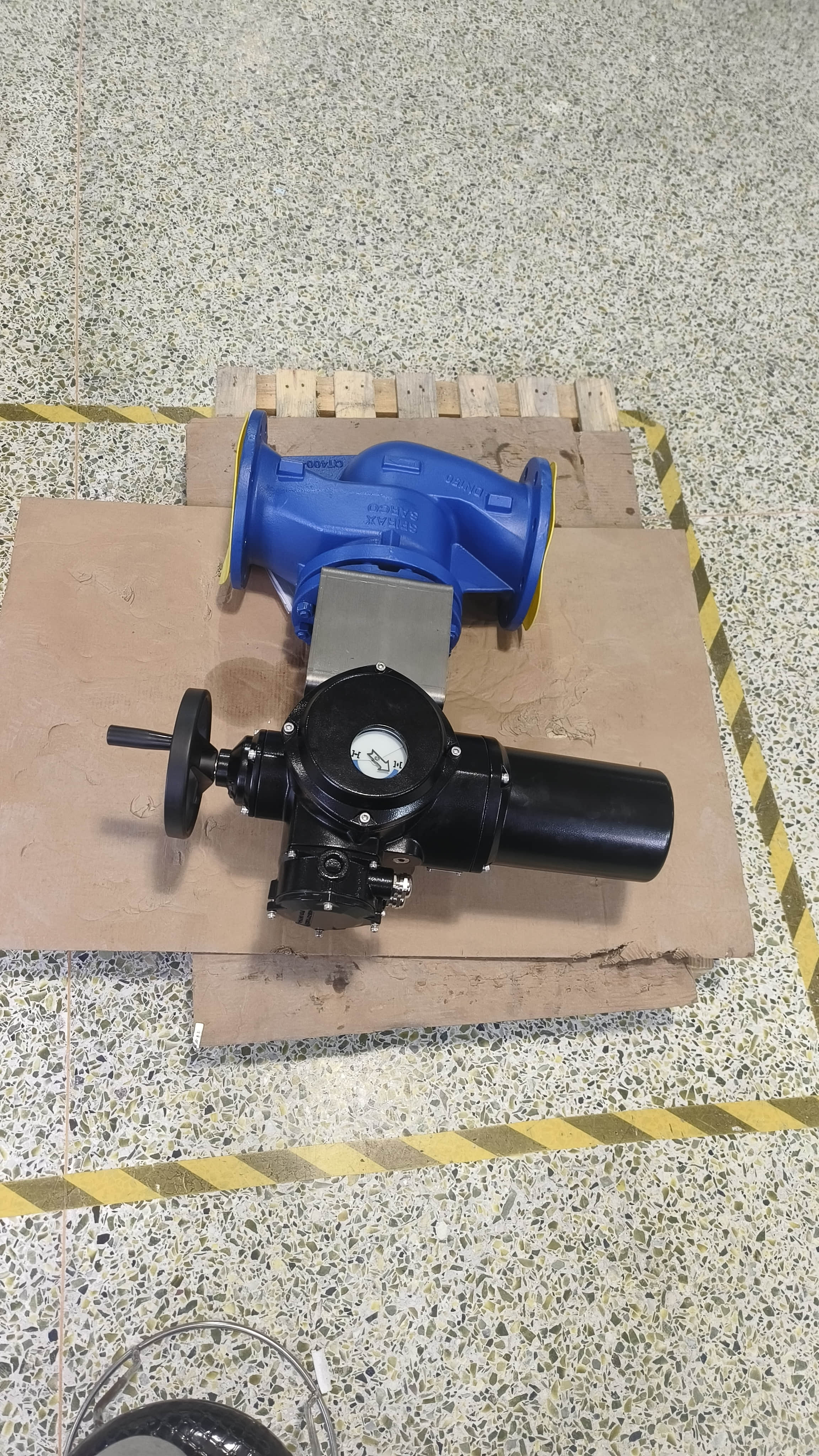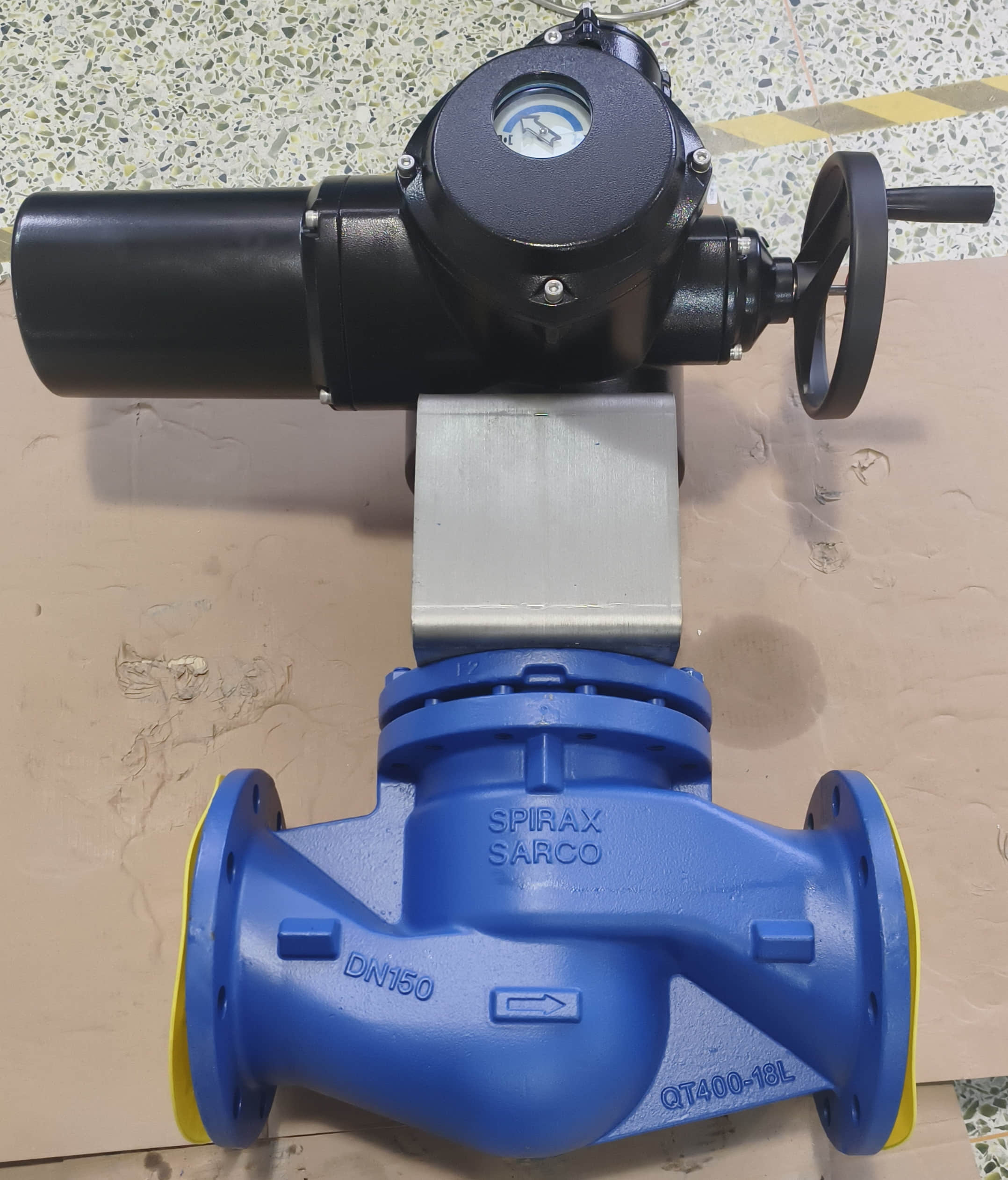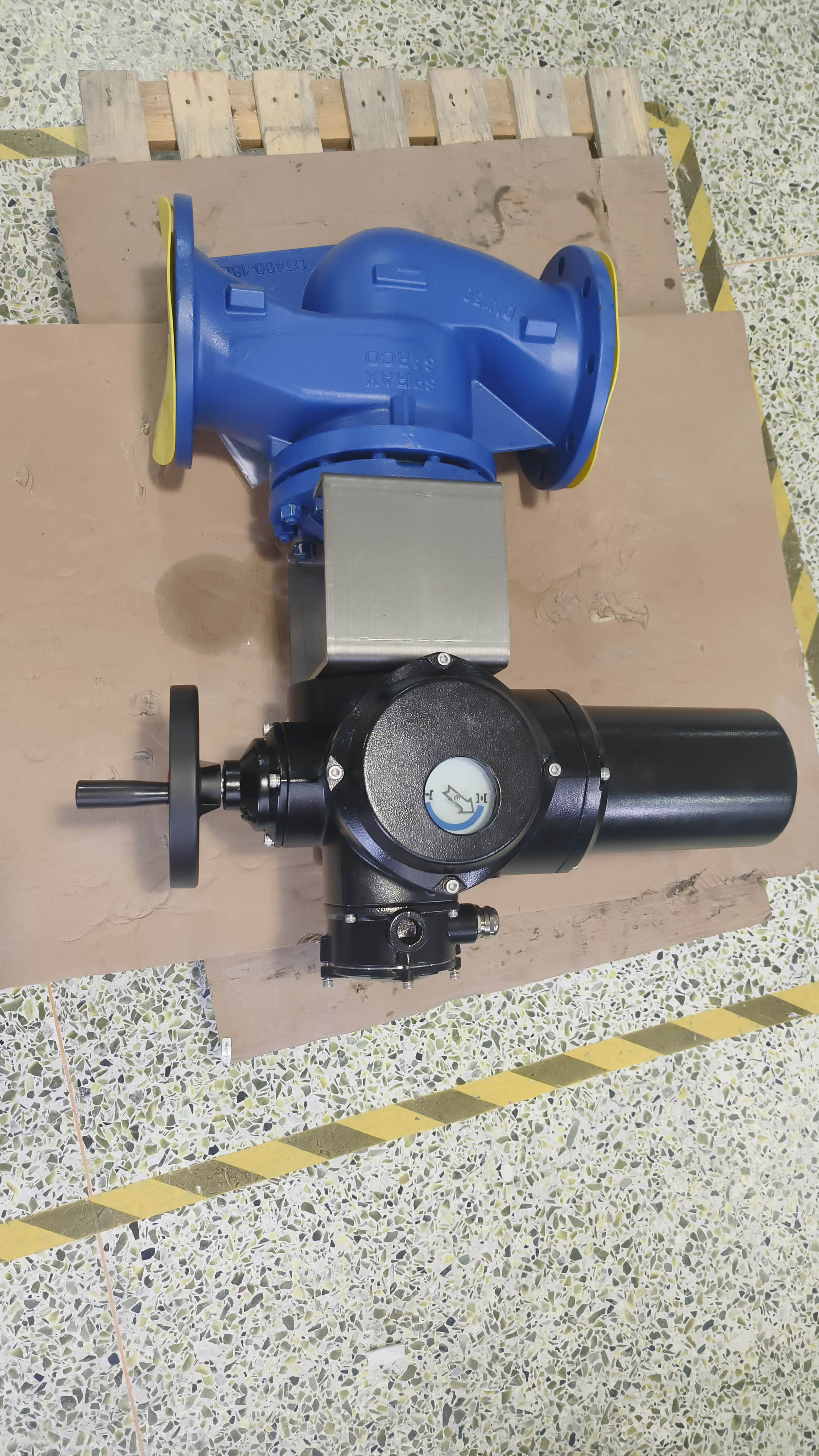
In the realm of industrial automation and fluid control systems, electric globe valves play a pivotal role in ensuring efficient operation and optimal flow regulation. An electric globe valve manufacturer specializes in producing these critical components, which are essential for a wide range of applications including power generation, water treatment, and chemical processing. This article delves into the significance of electric globe valves, the manufacturing process, and the qualities to look for in a reputable manufacturer.

Electric globe valves are designed to control fluid flow through a piping system. They employ an electric actuator, which allows for precise positioning and automation of the valve operation. This automation is crucial in industries where consistent flow regulation is necessary for maintaining process integrity and safety. Unlike manual valves, electric globe valves can be integrated with control systems, enabling remote operation and monitoring. This feature is particularly beneficial in complex and hazardous environments where human intervention may pose risks.

